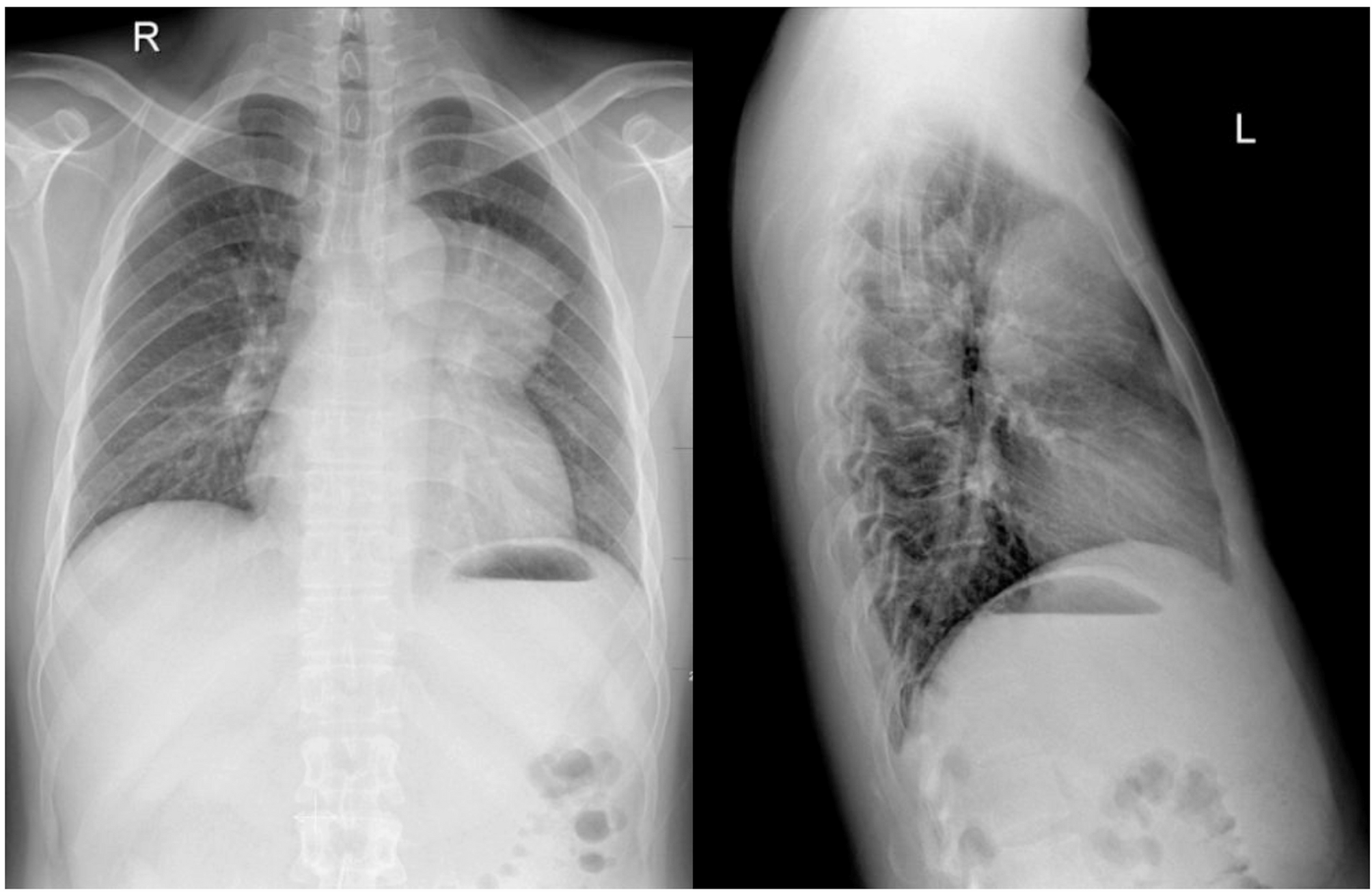A 28-year-old man presented with spasmodic cough lasting for more than 1 month. Physical examination was normal. The chest radiography demonstrated a large, mass-like opacity located at the left side of the upper mediastinum(‘. 1). A…
Combined with chemotherapy and radiotherapy is effective in improving prognosis: a case of primary mediastinal embryonal carcinoma | Journal of Cardiothoracic Surgery
